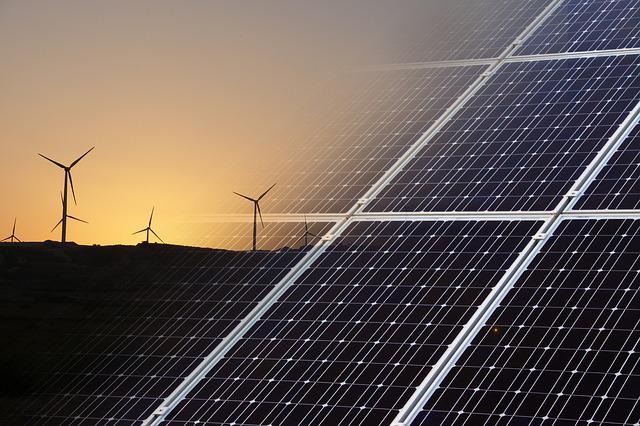January 26, 2023
Small and medium-sized modular reactors (SMR), in addition to conventional nuclear power plants, have been put on the agenda for the “zero emission” target anticipated for 2053, according to Energy and Natural Resources Minister Fatih Dönmez.
When announcing the Türkiye National Energy Plan and the Türkiye Hydrogen Technologies Strategy and Roadmap, he stated that the amount of power generated by nuclear energy in 2035 will account for 11.1% of all electricity produced.
According to Dönmez, green hydrogen will contribute in the decarbonization of energy-intensive industries like cement, iron and steel, and petrochemicals.
The use of nuclear energy will be “one of the most significant expenditures we will undertake in keeping with our net zero emission aim,” he continued.
“By 2035, 11.1% of our total electricity production will be produced using nuclear energy. SMRs are now on our agenda in addition to traditional nuclear power projects. Hopefully, in addition to our current and planned nuclear power facilities, we will expand our energy portfolio to include SMRs.
The minister stated that there will be more investment in renewable energy.
In the next 12 years, Dönmez predicted that energy consumption will rise by almost 39.5 percent.
“Renewable energy sources will account for 23.7% of our total energy consumption in 2035. Our capacity growth during the aforementioned time period will be fueled mostly by solar and wind energy, accounting for around 75% of the total.
Dönmez predicted that by 2035, Türkiye’s installed electrical capacity will be 52,900 megawatts of solar energy, 29,600 megawatts of wind energy, 35,100 megawatts of hydroelectric energy, and 5,100 megawatts each of geothermal and biomass.
Speaking on the nation’s hydrogen energy plan, Dönmez pointed out that the usage of fossil fuels in the manufacturing of hydrogen results in significant carbon emissions and that green hydrogen is beginning to gain popularity.
He stated, “The green hydrogen will be a crucial tool for our net zero emission target. We obtain the green hydrogen by using renewable energy sources through the electrolysis of water.
Energy-intensive industries including petrochemicals, iron and steel, cement, glass, and ceramics will benefit tremendously from its decarbonization. It will be more affordable and much simpler to produce hydrogen where it is predominantly used in energy-intensive industries since transportation and storage costs will be lower.
Dönmez also mentioned that Turkey keeps funding the nation’s natural gas infrastructure.
Source: Hüriyet Daily News
Legal Notice: The information in this article is intended for information purposes only. It is not intended for professional information purposes specific to a person or an institution. Every institution has different requirements because of its own circumstances even though they bear a resemblance to each other. Consequently, it is your interest to consult on an expert before taking a decision based on information stated in this article and putting into practice. Neither Karen Audit nor related person or institutions are not responsible for any damages or losses that might occur in consequence of the use of the information in this article by private or formal, real or legal person and institutions.






